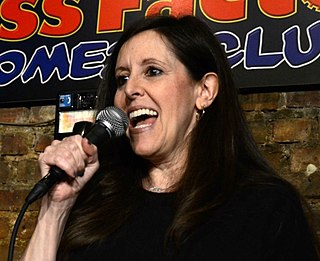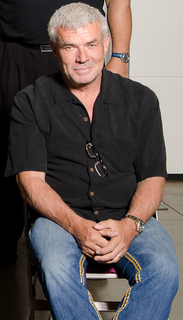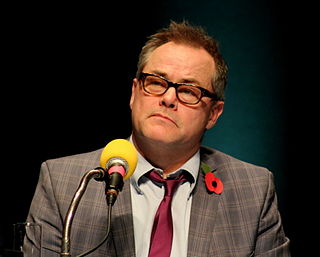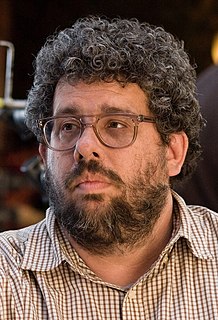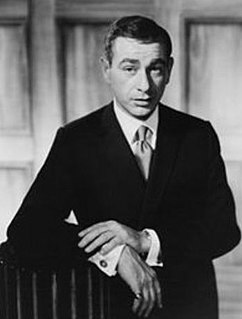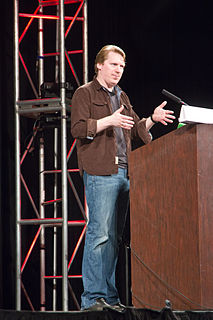A Quote by Wendy Liebman
The audience loves when the comedian talks to them. You're creating inside jokes, which creates a community.
Related Quotes
I've told Michael Jackson jokes. If you got really technical, you could say those are jokes about child molestation. You could, if you got technical. A lot of this is just selective outrage because honestly, the audience are the ones that tell us that something shouldn't be spoken. The audience lets us know. And I've never, in my almost 30 years of being a comedian, seen a comedian continue to tell a joke that the audience doesn't respond to. I've never seen it.
I make comedies and I always try... I don't try but I allow to have at least 5% of the jokes or have some jokes that I know will be understood by only about 5% of the audience. It's that guy in the corner who gets it and laughs. But he has to have his jokes too. That's part of my audience. Part of my audience is the people who will only get certain things.
Design is about creating spaces for people to enjoy and of course, creating moments where you elevate the spirit, but 'design for good' is figuring out a program that not only creates better spaces, but creates jobs, creates new industry and really kind of raises the conversation about how we rebuild.
I've never been able to tell jokes. In the beginning of my career I did impressions and jokes like any other comedian, but I was never very successful because I did it poorly. So I started to talk to the audience and started talking about the atmosphere around me and started to become angry, not in a mean-spirited way, but in a fun way - and my attitude developed from there.
